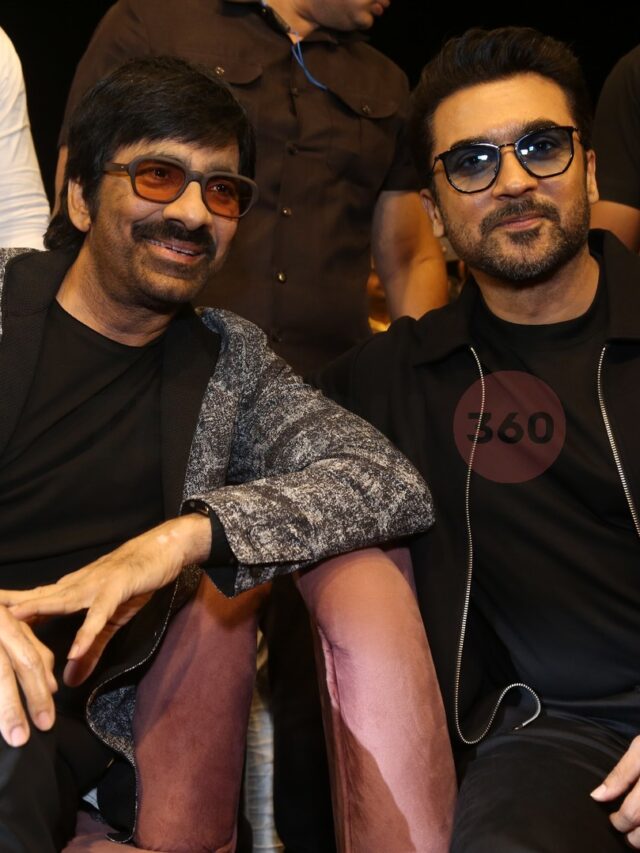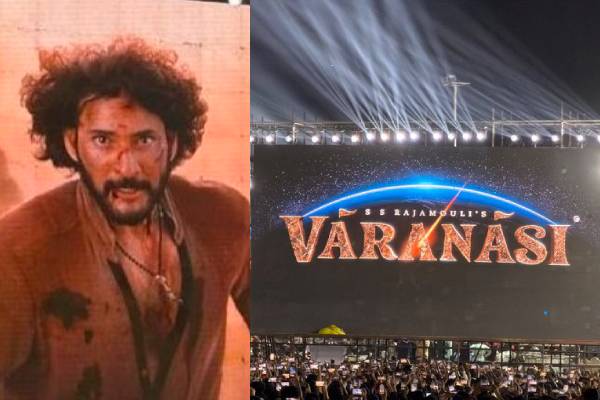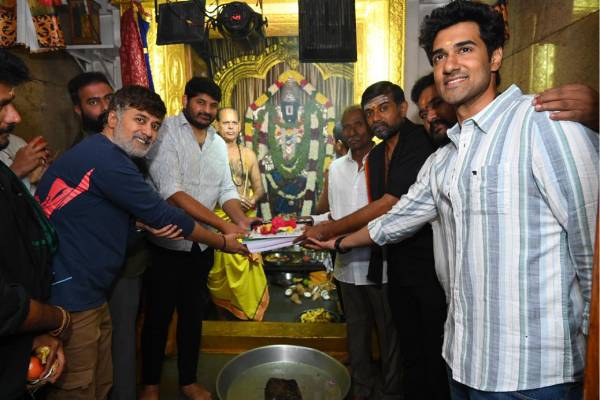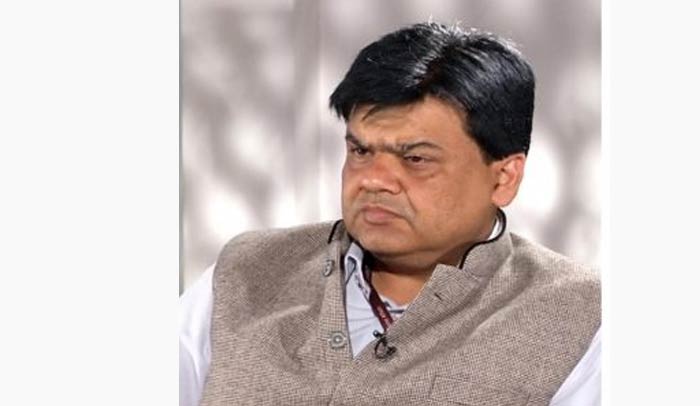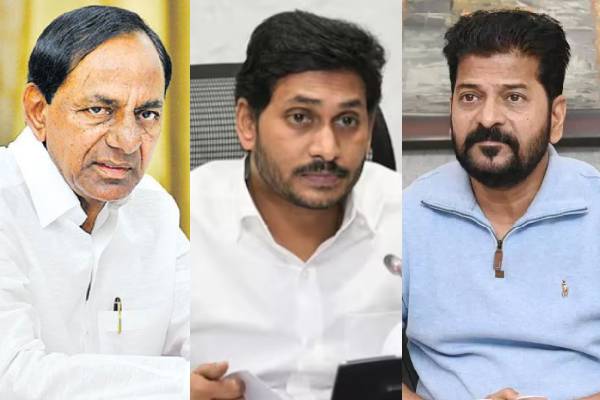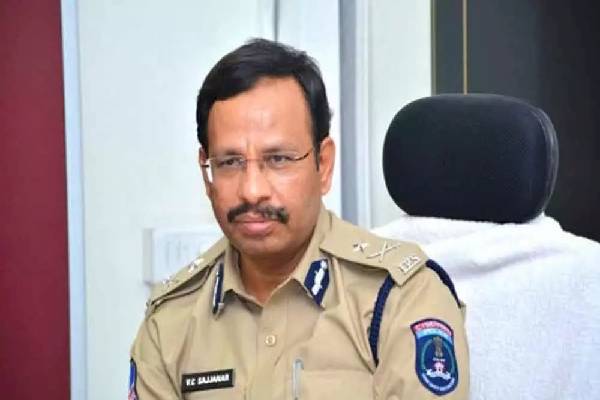In the highly volatile political landscape of the Telugu states, three towering figures—Revanth Reddy, Y. S. Jagan Mohan Reddy, and K. Chandrashekar Rao are showcasing an unusual commonality: an obsession with time. Each is making sweeping claims about long-term dominance. But underneath their bold statements lies a deeper undercurrent desperation.
Revanth Reddy: A Decade of Power or a Decade of Pressure?
Telangana CM Revanth Reddy recently made a striking claim: Congress will rule the state until 2034. Just 18 months into power, he’s already attempting to brand his leadership as part of a 10-year political era. Drawing comparisons with past political regimes—TDP (1994–2004), Congress (2004–2014), BRS (2014–2023), Revanth is declaring Congress as the “natural next phase” of the state’s evolution.
But why the rush to define a decade of dominance now?
It’s partly about consolidation. With BRS and BJP sharpening their attacks, Revanth is trying to cement his image as the stable alternative. Yet this confidence carries a subtle anxiety: the burden of maintaining Congress’s surprising 2023 comeback and neutralizing legacy giants like KCR and KTR.
Jagan Mohan Reddy: From Invincible to Vulnerable
Y. S. Jagan Mohan Reddy, who won a historic 151/175 seats in 2019, found himself swept out of power in 2024 by the Chandrababu Naidu-led NDA. Since then, his tone has drastically changed from calm governance to loud, combative opposition. He has accused the current administration of lawlessness, financial mismanagement, and “dictatorship.”
Despite the loss, Jagan projects unshakable confidence in reclaiming power. He claims YSRCP will return stronger by 2029, even as his party faces mass defections, a credibility crisis, and a loss of control over grassroots machinery.
This isn’t just confidence for political survival ? His urgency to stay visible, vocal, and vengeful suggests a man deeply shaken by electoral rejection.
KCR and KTR: Silence and Soundbites Amid BRS’s Identity Crisis
KCR, the once unshakeable architect of Telangana, has gone unusually silent after BRS’s loss in 2023. While the party has taken a backseat in the public sphere, his son KTR has stepped up. In recent speeches, KTR confidently predicted BRS’s return to power “within three years,” signaling a long-term strategy to engineer a comeback.
This future-facing rhetoric might be intended to project momentum. But it also exposes internal disquiet: a generational handover, loss of rural appeal, and the reality that BRS is now struggling to find relevance outside of Hyderabad.
The declaration of a “three-year turnaround” is a subtle acknowledgment that the party is wounded and needs time to recover.
A Common Pattern: Public Confidence, Private Insecurity
While these three leaders are ideologically and strategically distinct, they are united by one powerful psychological thread: a deep fear of political irrelevance.
Revanth, despite his electoral victory, feels the pressure to prove Congress’s staying power in a state where power shifts every decade.
Jagan, reeling from a humiliating defeat, is working overtime to maintain party morale and public visibility.
KTR, speaking on behalf of an aging KCR, is trying to breathe life into a party that’s lost its charismatic edge.
In each case, their claims of long-term rule—10 years, 5 years and 3 years to serve a double purpose: rallying supporters and silencing internal dissent. But they also betray an underlying truth: these leaders are no longer content just being politicians. They want to be legacy builders. And they fear that time, voters, and circumstances may deny them that chance.
Conclusion: The Real Battle Isn’t the Next Election—It’s the Narrative
Revanth, Jagan, and KTR aren’t just fighting for power. They’re fighting to control the story that will define them for the next decade. In this age of instant messaging and vanishing loyalties, political memory is short and that’s what keeps these leaders talking not just about today, but about 2029, 2034, and beyond.
The louder they speak about the future, the more it reveals how unsure they are about the present.






